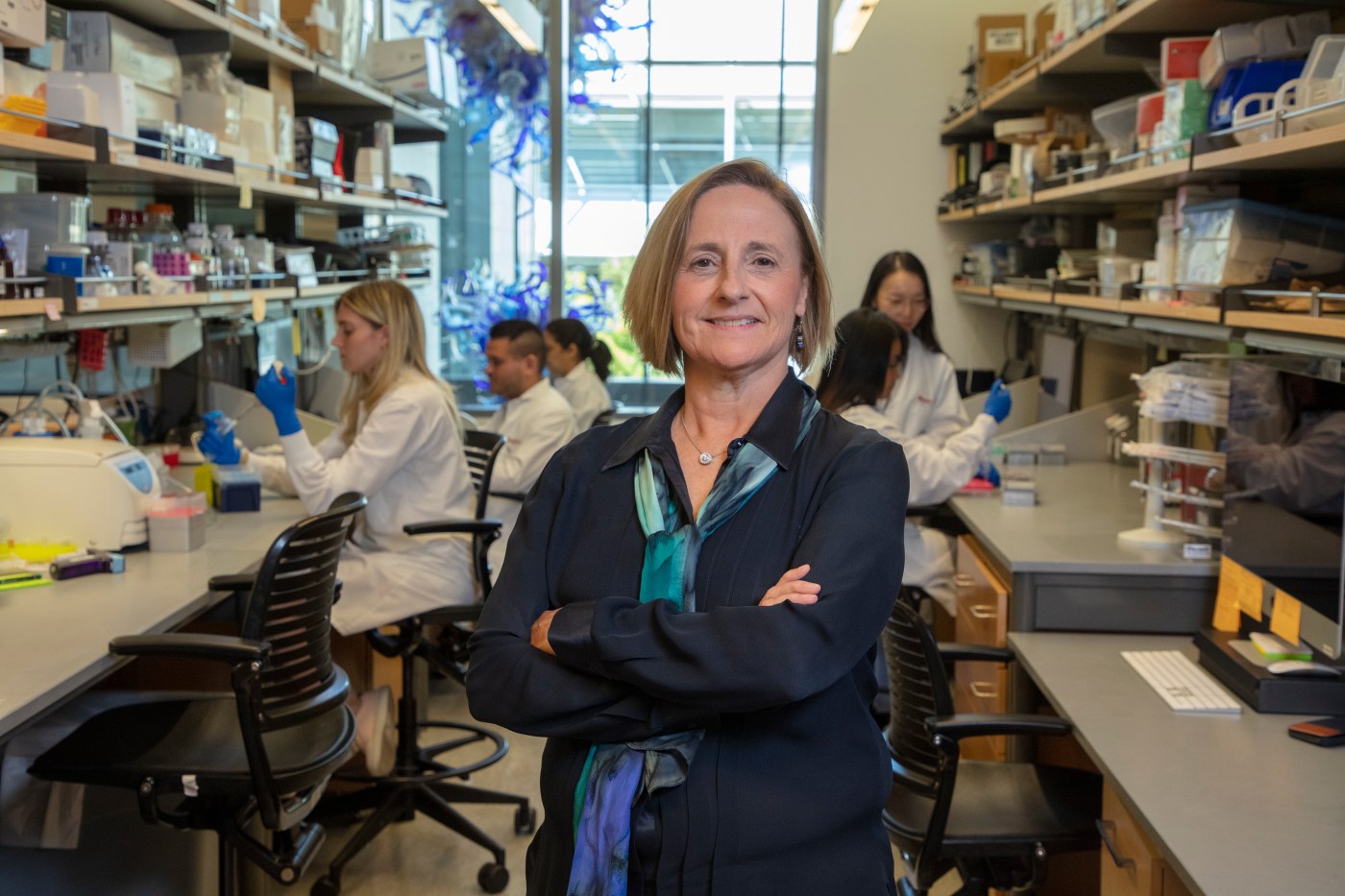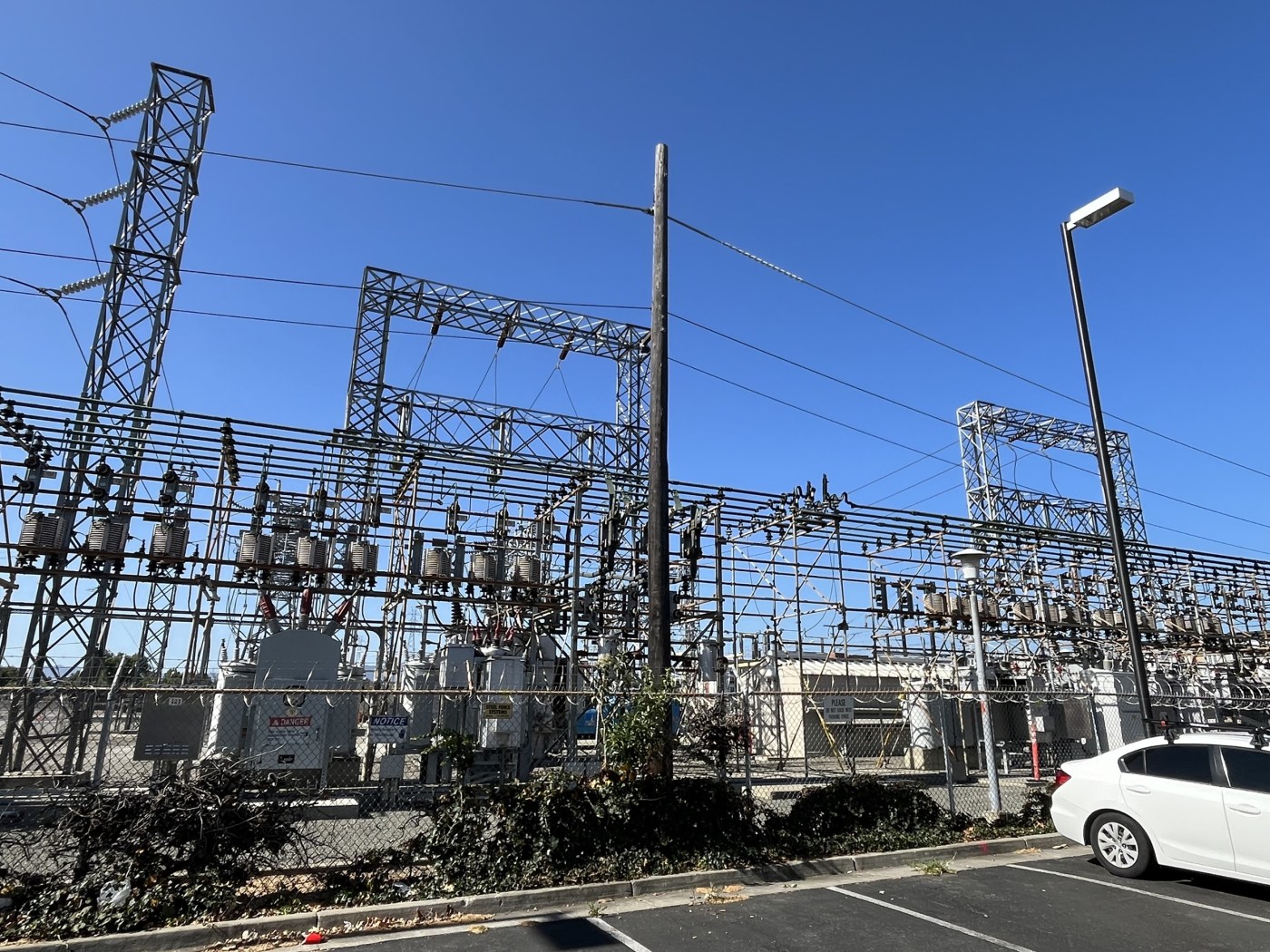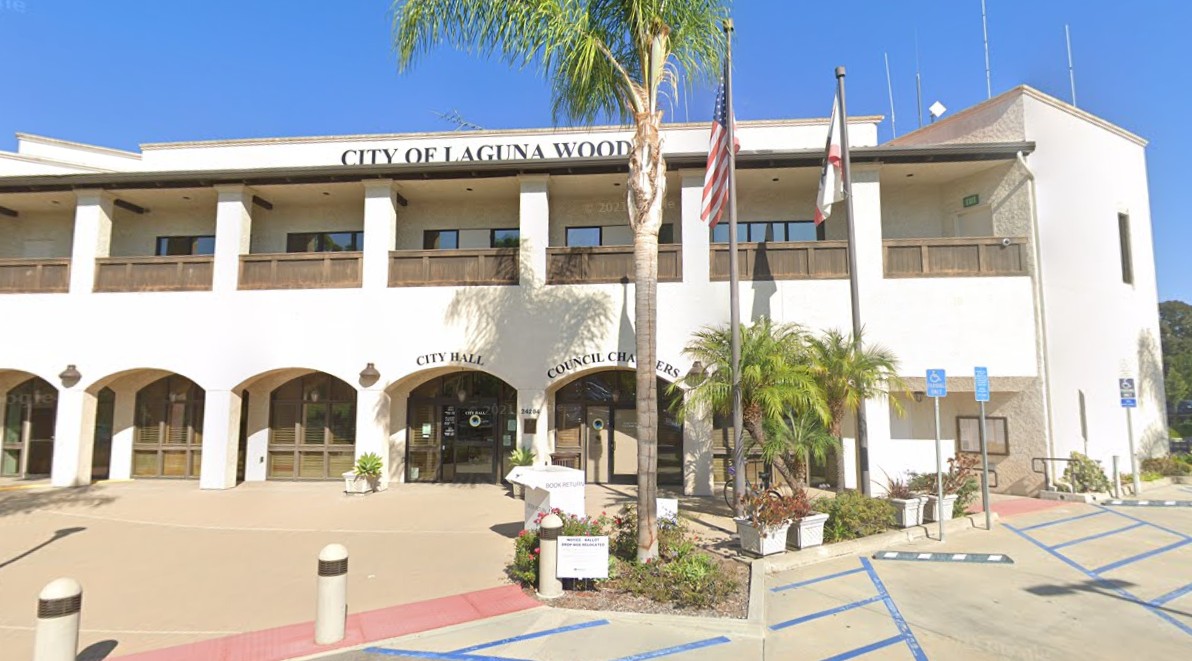Even as cancer treatment becomes more advanced, more people are contending with the disease than ever before. Now, a landmark collaboration between the Stanford Cancer Institute and the UCSF Helen Diller Family Comprehensive Care Center aims to revolutionize cancer research and speed up the development of treatment options in the Bay Area and beyond.
Related Articles
World’s premier cancer institute faces crippling cuts and chaos
Men under 40 are most at risk for testicular cancer. Few know it
Kate Middleton surviving cancer was not certain: ‘She is fortunate’
Trump revokes permission for 4-year-old Mexican girl receiving lifesaving care in California, attorney says
You should wear sunscreen even if you have darker skin. Here’s why
The Weill Family Foundation donated $100 million to match commitments by Stanford and UCSF to raise $50 million each over the next 10 years. An initial disbursement, expected in September, will set the partnership in motion after years of planning.
The California Cancer Registry predicts at least 176,140 people in California will be diagnosed with some form of cancer this year — 20 new cases per hour. The statewide network also estimates one in 11 people born in California today will develop some form of cancer at some point in their lives, and a quarter of them will likely die from the disease.
RELATED: Stanford researchers develop new tool to measure biological age
Physician and immunologist Crystal Mackall, a Stanford pediatrics and medicine professor, founding director of the Stanford Center for Cancer Cell Therapy and director of the university’s Parker Institute for Cancer Immunotherapy, said she looked forward to the hitting the ground running.
Mackall is an expert in how T-cells, the immune system’s fighters of sickness, combat cancer. After working in the field for 40 years, she said discoveries and advancements have sped up in the past 10 years. These strides have been enabled in part by the relatively new science of cell therapy, the genetic engineering of T-cells with the ideal features and functions to slay cancer.
Mackall said this type of immune therapy is just one example of a whole new realm of personalized medicine for better treatment of cancer and other sicknesses — one she is confident the hub will advance.
“The cell is a little machine that can be engineered to do your bidding,” said Mackall.
Mackall and her team have recently begun using what they’ve nicknamed “T-cell GPT” in research and the treatment of approximately 200 patients a year.
For those wondering how artificial intelligence, still a nascent technology rife with snags and ethical concerns, can lead to reliable treatment of widespread disease that has evaded cures, Mackall described the sheer speed and power of computers in processing big data.
“Think of millions and millions, even billions, of cells, each with its own program being enacted across different patients, across different manipulations. You get all of that data, you put it together and the human mind can’t figure out where’s the one thing that matters,” Mackall said.
She said “machine learning” in cancer treatment development means feeding this big data systematically and repeatedly into algorithms that eventually create an AI “expert” that recommends predictions and models for cell features most likely to yield successful results for humans.
“And so you then see — aha! — this is where the cell that worked the best in the mouse or in the test tube also had the same characteristics of the cell that worked the best in our patient,” Mackall said.
She said AI’s formulas for cancer-blasting T-cells were already batting at an average 80% accuracy rate, “slightly better” than things were without AI assistance.
“These generative models only get better with time,” she added, describing how collaborative research at the hub and the financial support that comes with it will put turbo jets on already faced-paced work even without a new physical center.
“It’ll be everything on steroids,” said Mackall, envisioning how the breadth and depth of her team’s pursuits will expand again. “Instead of doing a hundred samples a year, we can do thousands of samples by hiring new people and increasing the throughput of the work.”
The scientist is excited to co-lead a hub project with genomics thought leader Alexander Marson and cellular engineer Kole Roybal from UCSF, alongside her cell therapy colleagues Zinaida Good and David Miklo and others. As the team makes discoveries, they will continue treating patients, whose outcomes will continue feeding data into the research necessary for fueling new breakthroughs.
The much-anticipated West hub launch comes after the March unveiling of the Weill Cancer Hub East, involving Weill Cornell Medicine, Princeton University, The Rockefeller University and the
Related Articles
World’s premier cancer institute faces crippling cuts and chaos
Men under 40 are most at risk for testicular cancer. Few know it
Kate Middleton surviving cancer was not certain: ‘She is fortunate’
Trump revokes permission for 4-year-old Mexican girl receiving lifesaving care in California, attorney says
You should wear sunscreen even if you have darker skin. Here’s why
multi-centered Ludwig Institute for Cancer Research headquartered in New York City and Zürich, Switzerland.
This newest hub will conduct four major decade-long projects with scientists including UC Berkeley’s chemistry Nobel laureate Jennifer Doudna.
These projects will use the CRISPR genetic editor Doudna pioneered, plus AI and cellular engineering as described by Mackall, to destroy solid tumors, which comprise 90% of cancers and are notoriously resistant to immune therapies. Scientists will also target other cancers, such as cancers of the blood.
The hub will also explore how diabetes and weight management drugs like Ozempic interact with cancer, and what foods prevent or slow progression of cancers like pancreatic variety, which, with a five-year survival rate between 8-13% in the U.S., is one of the deadliest forms of the disease.
The research will also crunch masses of clinical and biological data from Stanford and the University of California system to further personalize treatments.
The projects aim not only to identify safer and more effective treatments for a diverse array of people but also increase accessibility and affordability of cancer care by recruiting more philanthropic and competitive funding, attracting patients, generating intellectual property and creating an ecosystem of companies and workers promoting better scientific research and medical advancement.
“I’m really excited just to see in the near term, how we’re going to bring this back to patients,” said Mackall.





